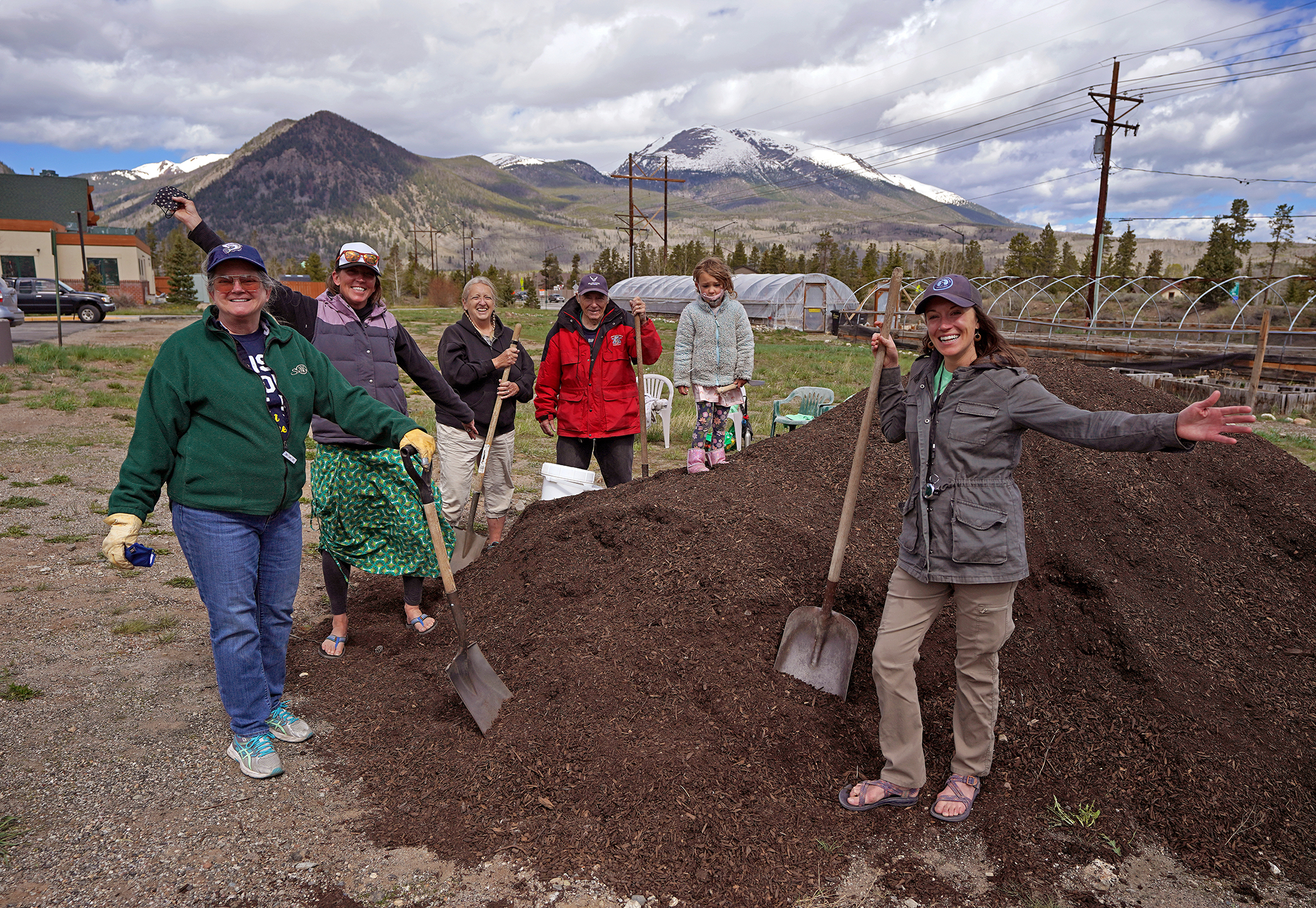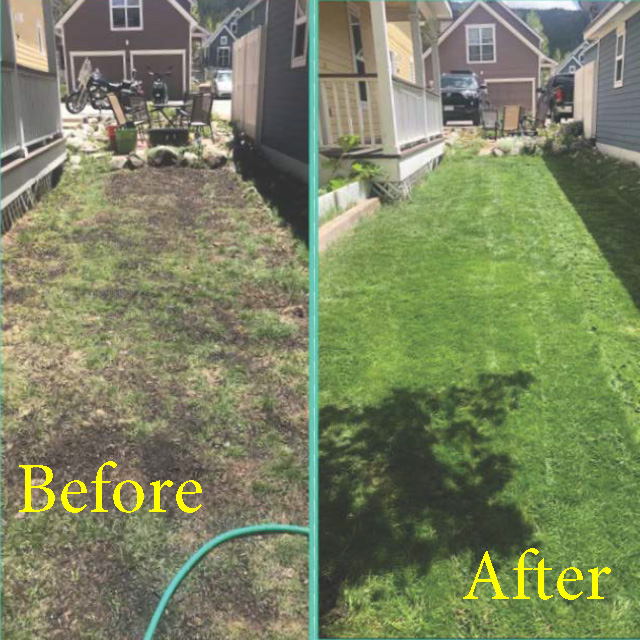
Dear Eartha, I’ve been a patient High Country gardener and haven’t yet planted my vegetable garden, or my annuals. While I’m waiting, I’ve been thinking of adding compost to the beds. Is it really worth it, or is fertilizer enough?
I applaud your self-control! Multiple weeks of 60 and 70-degree weather send many gardeners’ minds straight to the dirt. But, we all know that a spring storm or a few freezing nights can knock out those just-emerged seedlings at their most sensitive stage, no matter how frost tolerant the crop.
I like using this window of weather uncertainty to plan my garden and prepare my beds. While properly used organic fertilizer can go a long way in our short growing season, the real magic happens when seeds are sprouted in a foundation of healthy soil. And adding compost is one of the best ways to supercharge your soil.
Garden benefits of compost
Let me start by saying that compost is not a fertilizer; it’s an amendment used to improve the soil. Whether you’re mixing compost into your planters, tilling unplanted beds, or sprinkling it over a lawn (called top dressing), compost helps to improve the soil’s structure. This is true for all soil types, including the clay soils common in Colorado.
Imagine that clay soil for a moment: thick, heavy and compacted. Water doesn’t move too well through it and might pool or run off altogether. When clay soil is amended with compost, it becomes lighter and looser … and voila! Water can move through it. On the opposite side of the dirt spectrum, water washes right through the sandy soil, the same way beach sand slips through your fingers. Compost helps this type of soil by making it denser, which in turn helps with water retention.

What’s all this mean for your plants? Adding compost to your soil means that water, air, and nutrients — all critical to growth — are more readily available to your plants and their roots.
Environmental benefits of compost
Once you’ve improved your soil structure, the water you apply to your garden, lawn, or vegetable bed will be better absorbed into the soil and used by your plants. Additionally, compost helps soil retain moisture, meaning that those who amend with compost can likely water less frequently.
The environmental benefits of compost extend far beyond less water use in the garden. Let me explain. Compost is decomposed organic matter. It’s commonly made by mixing together plant and food waste. Some gardeners do this at home themselves in a pile or barrel, but here in Summit County where your backyard pile might attract a bear or two, there’s an easier — and safer — way.
The Food Scrap Program allows residents to drop off their food scraps for free at four locations around the county. All those food scraps are transported to the Summit County Resource Allocation Park, mixed with wood waste and biosolids, and transformed into compost in about 13 weeks.
The process of composting food waste — rather than letting it rot in the landfill — prevents the release of a harmful greenhouse gas called methane. And, the whole composting process happens right at the resource allocation park, meaning your food waste doesn’t travel far to get turned into a beneficial soil amendment.
Financial benefits of compost
If you’re not already, I hope you’ll join me in collecting and dropping off your food scraps through the free program — because composting isn’t just good for the environment, it’s also good for your wallet. As you collect your scraps, you’ll start to notice all the food you’re throwing away. And hopefully, that’ll inspire you to start wasting less in the first place. Whether you get creative with leftovers or plan meals to buy just the right amount of food, wasting less means saving money at the grocery store.
Perhaps by now, I’ve made compost sound pretty magical, and it kind of is. What’s the price tag on magic? As it turns out, it’s really affordable. At the resource allocation park, you’ll pay $5 for a large bag of compost or a mere $19 for a cubic yard (a small truck full).
Throughout the meteorological ups and downs of this (and every) spring, spend some time tending your soil. It’s good for your plants, good for the planet, and an excellent exercise in patience.
